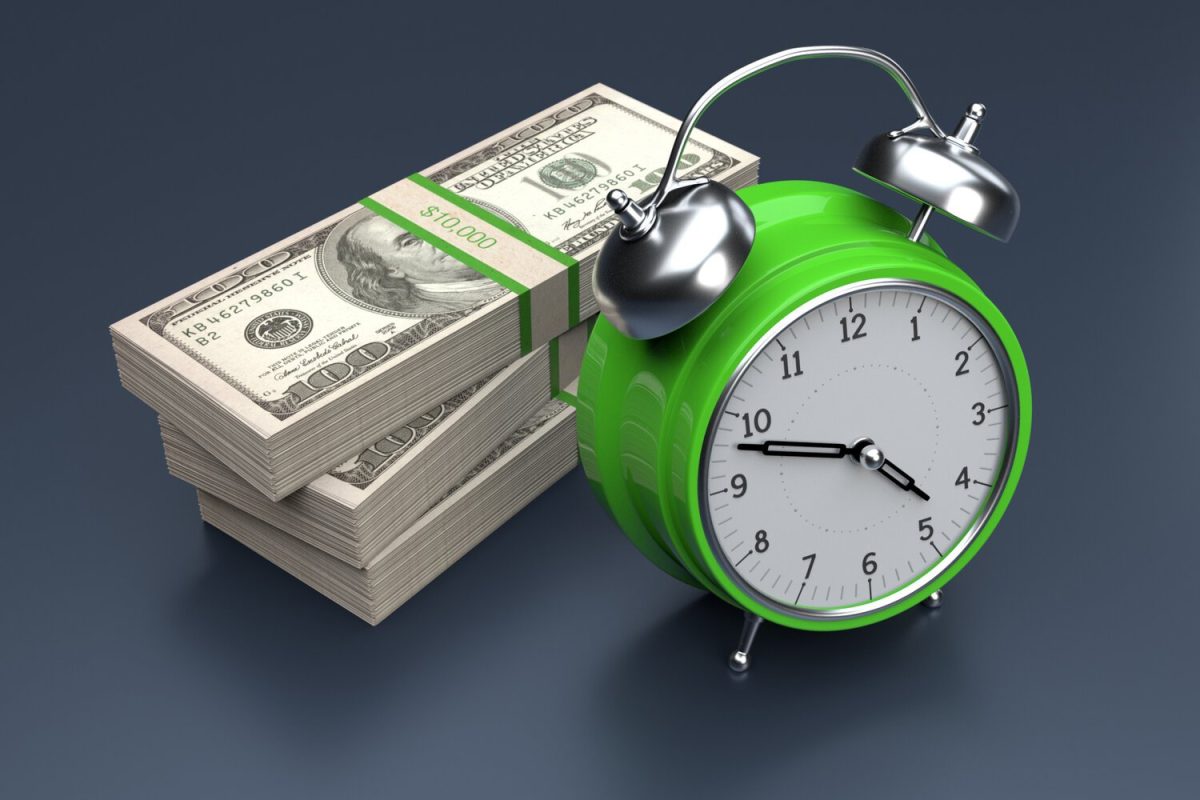Thousands of people across the nation participated in an “economic blackout” on Friday, February 28, 2025. The protest, led by a grassroots organisation called The People’s Union, transpired amidst multiple other financial boycotts of corporations such as Target and Amazon during a time of political and economic turmoil.
On the day of the blackout, people were asked not to spend any money at any major retailers, such as fast food franchises, supermarkets, or chain gas stations. Essential needs were to be purchased locally or from small businesses.
Many Americans are worried about the economy and feel as though the current economic climate is being addressed improperly by the US government. With the inauguration of President Donald J. Trump, people across the political spectrum worry about a potential rising oligarchy made up by a small number of rich people who they feel do not serve the people as they should. With the negative effects of tariffs, poorly aimed tax cuts that may spur further federal deficits, and the inflation that is hitting consumers like a ton of bricks, many Americans are frightened and angry about the nation’s economic state.
Thus, John Schwarz, a social media influencer and the founder of The People’s Union, made a video in early February calling for the economic blackout.
“What we’re doing here is trying to cause economic resistance against the corporations and politicians to stand for the people,” Schwarz said. “I think people may be able to, at some point, begin to kind of realize those things they’re letting divide us don’t really exist.”
He called the blackout a “metaphorical shot in the air,” not intended to dismantle the financial institutions of America or anything drastic, rather as a reminder that the American people hold power when standing together.
As a one-day event, the boycott held mild results, with website and foot traffic going down by a few percentage points in major retailers, according to Similarweb, a company specialising in web analytics. However, the message rings clear: people are willing to make trouble if change does not occur.
A 40-day Target boycott and a now passed week-long Amazon boycott occurred in March following their rolling back of DEI (Diversity, Equity, and Inclusion) policies, and Nestlé is staged to be the next target. Tesla is experiencing backlash, both in the drops in its stock prices and the boycott (and vandalism) of its products, as Elon Musk’s involvement with politics continues to stir up negative emotions in many Americans.
“It definitely does send a political message to these companies that we’re watching them and that we’re not going to let them get away with abandoning our causes,’’ Jason Williams, professor of Justice Studies at Montclair State University in New Jersey, said.
To find more information about The People’s Union’s boycotts, their website can be found here.



